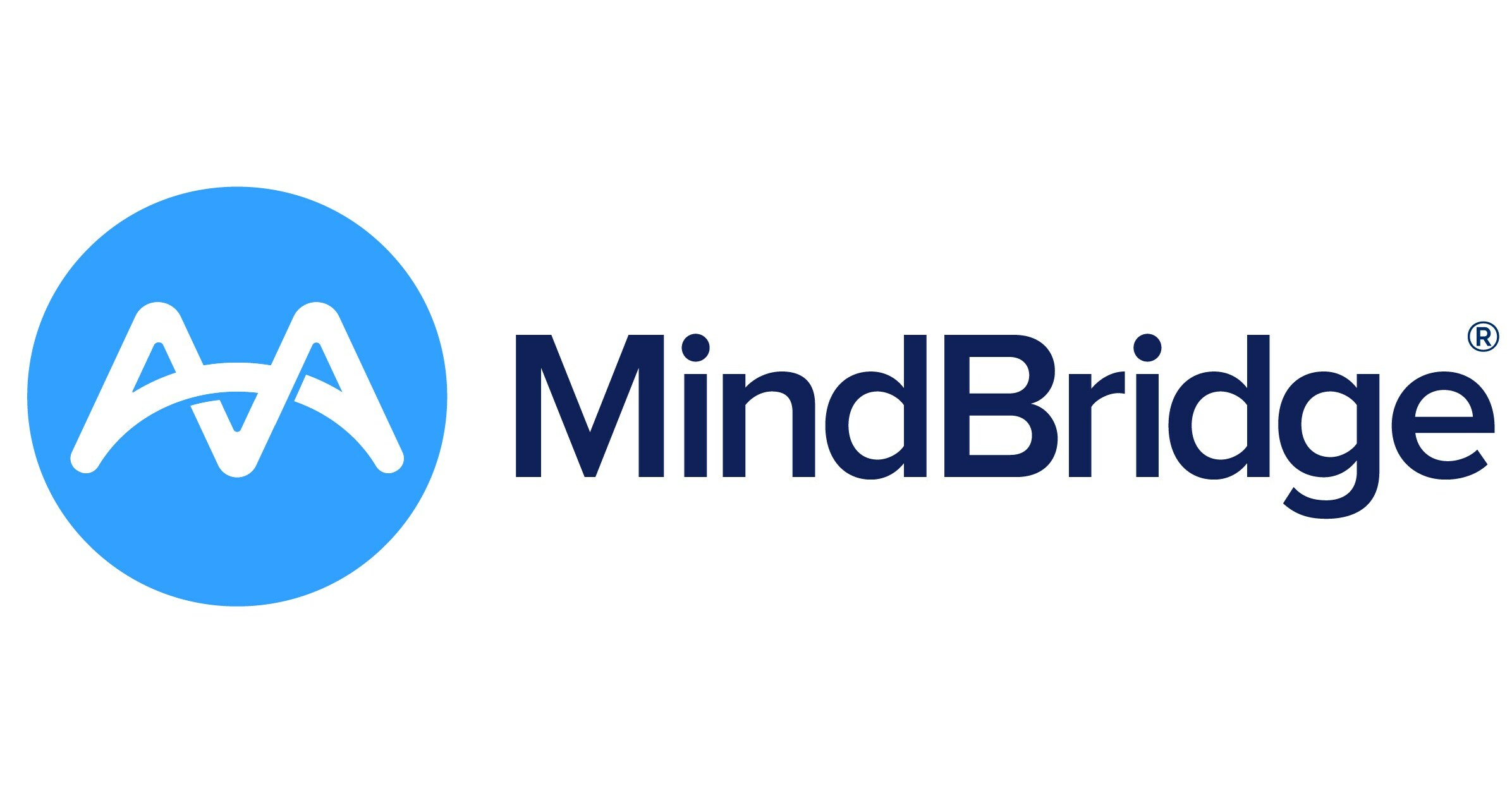If your firm is targeting educators and tutors as a new industry vertical, or looking to expand its opportunity within this vertical, here are some marketing tips.
Within the U.S. there are about 6.7 million teachers and educators. Before any marketing effort begins, clearly define your target audience and its unique pain points. For example, elementary school educators have different pain points than tutors or secondary educators. Dun and Bradstreet’s MDR Education arm released “Marketing to Educators: What You Need to Ace the Test,” which is a great resource to identify your target market and their pain points.
If you plan to use social media, do some research about the right tools for the job. For example, in 2017, Teachers as Consumers reported that 71 percent of educators visited Facebook in the past 30 days, compared to 55 percent of the overall population. There are additional data points that may be of value in their report, such as when and how teachers use technology, which information sources are trusted most, and the demographic profile of teachers.
Also, join online, teacher communities to read about the key topics they discuss and form a plan around that information. For example, in LinkedIn, you can search for schools returning a list of over 108,000 results. In this same tool, you can search for educator groups, resulting in over 3,000 results. For Facebook, Educators Technology shared a list of “14 Great Groups Every Teacher Should Know About.” We Are Teachers shared a list of “8 Teacher Facebook Groups You’ll Want to Join.”
Offer Free, Extra Credit
If you haven’t begun a lunch-and-learn, webinar, or podcast program yet, now might be the perfect time. Outline a series of topics educators would like to know about, such as the tax breaks for teachers, student loan interest, tuition and fee deductions, retirement planning, home office expenses, W-4 filings, and more. These don’t have to be long sessions, but should cover a single topic and be sharable on social media. Remember to include a call to action, such as to download a branded tip sheet or to call for a free consultation.
If online isn’t your thing, get in front of these groups. Host a back-to-school night featuring complementary topics over a period of a couple weeks. You could also present topics at teacher conferences locally or nationally.
Honor Them
May 4 – 8, 2020, is National Teacher Week and Tuesday, May 6 is National Teacher Appreciation Day. Leverage the hashtag #ThankATeacher in teacher-focused social media content, send emails with subject lines featuring teacher-related copy, consider a discount or promotion to attend an event at your firm, or launch a photo caption contest for educators.
Media Message Mix-Up
Rather than sending lengthy emails or blog articles, mix the campaign media, such as graphics, video, podcasts, photographs, infographics, quizzes, webinars, free downloads, stories, promotions, and even print media. You may even want to create a dedicated area on your website featuring educator-related information and resources. Remember to add relevant teacher-related keywords to the page or content to help increase its search-ranking value.
Campaign Timing Is Key
In addition to creating a year-round marketing plan for educators, summer and holiday breaks are often a planning and budgeting time. Consider those prime times to reach out, connect, and make appointments.
Brainstorm creative ideas with your team and then organize those thoughts into a campaign. Remember to keep educators’ needs top of mind, otherwise you may fall into the trap of creating content for the firm rather than for them.
Thanks for reading CPA Practice Advisor!
Subscribe Already registered? Log In
Need more information? Read the FAQs
![back_to_school_1_.55bfcb4201e9d_1_.5d2cbb1543cc4[1]](https://www.cpapracticeadvisor.com/wp-content/uploads/2022/07/34572/5bfcb4201e9d_1_.5d2cbb1543cc4_1_.5d4b10e0b5d4f.png)




